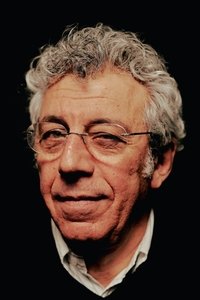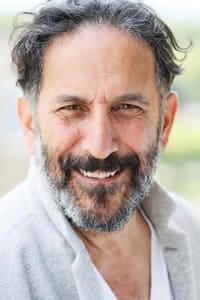Intent to Destroy: Death, Denial & Depiction
Genres
Documentary
OverView
INTENT TO DESTROY embeds with a historic feature production as a springboard to explore the violent history of the Armenian Genocide and legacy of Turkish suppression and denial over the past century.
Others
Budget
$--
Revenue
$--
Status
Released
Original Language
English
Runtime
115 mins
Rating
4.8/10
Release Date
10 November 2017
Country



